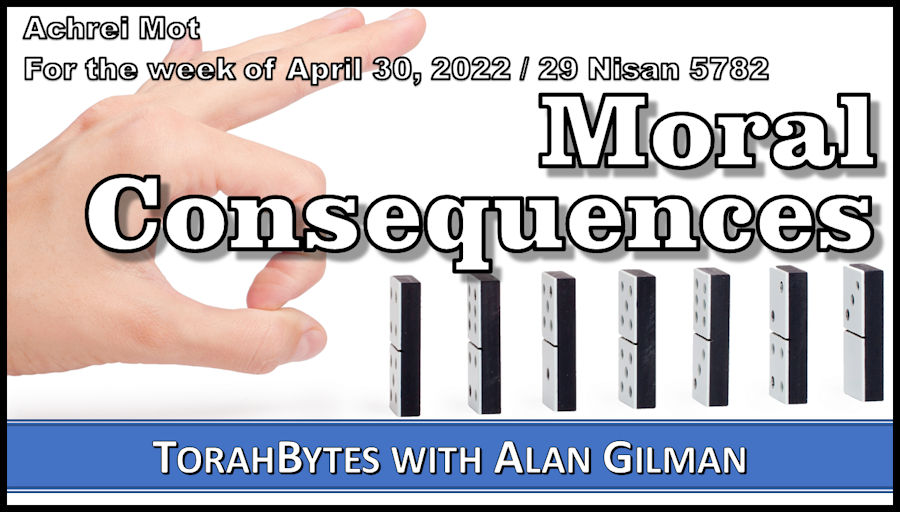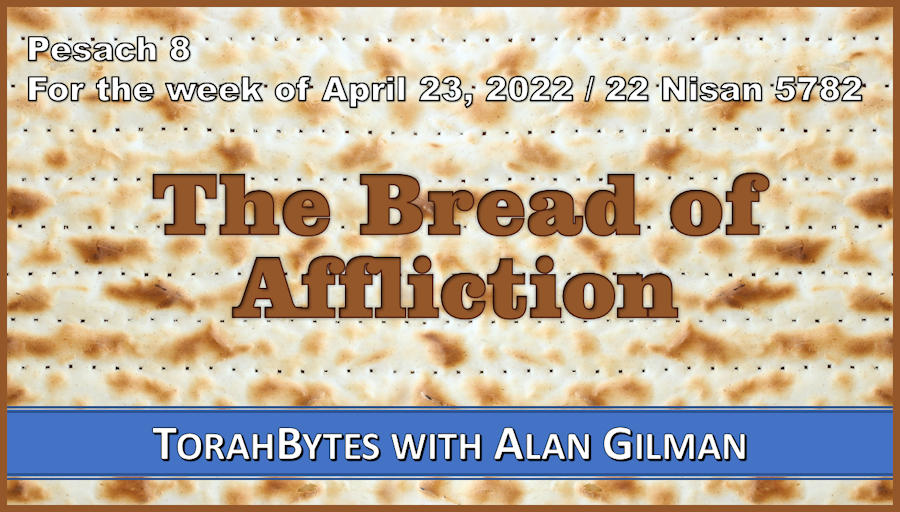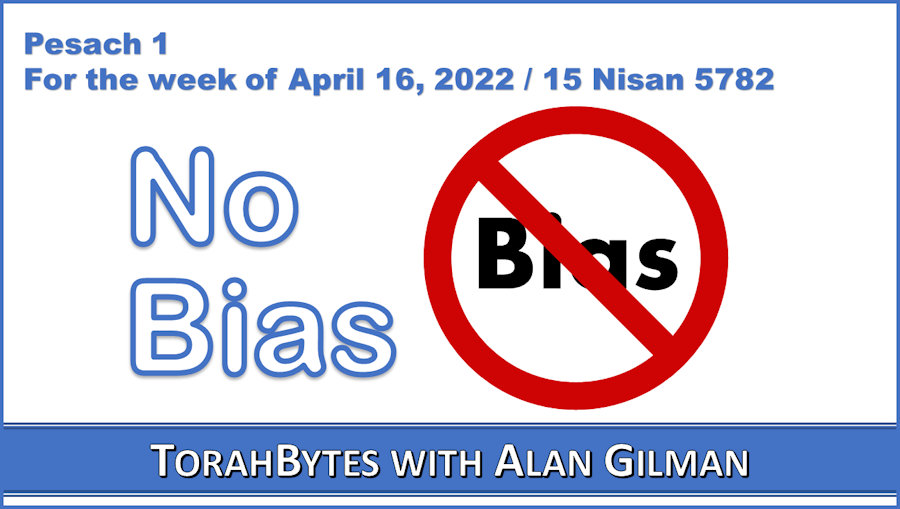For the week of April 30, 2022 / 29 Nisan 5782

Achrei Mot
Torah: Vayikra/Leviticus 16:1 – 18:30
Haftarah: 1 Samuel 20:18-42
Download Audio [Right click link to download]
Do not make yourselves unclean by any of these things, for by all these the nations I am driving out before you have become unclean, and the land became unclean, so that I punished its iniquity, and the land vomited out its inhabitants. (Vayikra/Leviticus 18:24-25)
For many people, spirituality is disconnected from the physical world. It is consigned to the invisible realm of thoughts, feelings, and spiritual entities, angels, demons, and God. This is not a biblical view of life. The Bible regards all creation, things material and things immaterial, as integrated. The spiritual affects the material and vice versa. A powerful example of this way of thinking is found in this week’s parsha (weekly Torah reading portion).
Israel here is being instructed on the types of sexual relations that are to be avoided. They are told that these behaviors resulted in negative consequences for the Land’s previous inhabitants. While the Torah’s teachings are specifically directed to the people of Israel, this is one of the few examples of their clearly applying to other nations. The nature of these behaviors is such that it didn’t matter that these nations were not so instructed.
While the negative consequences will be experienced by these nations through Israel’s conquest of the Land, the image painted for us is a graphic one of the land’s vomiting them out. Through this we see an intricate interplay between human behavior, God, and his creation. God designed the creation in such a way that it cannot tolerate immorality. We see this elsewhere in Torah, whereby the blessing of crops and family are tied to behavior.
Earlier this month, I posted a message entitled, “How Does It Work?”, where I concluded that it’s more important to accept that life works the way it does than to figure out the mechanics behind it. Governments today are keen to prevent potential climate disaster through controlling consumer behavior, while ignoring the consequences of moral behavior. Actually, they aren’t ignoring moral behavior as much as making it more and more difficult to address it.
Any suggestion today that the forbidden relations of this section of Torah may have a negative effect on society is itself now being deemed immoral. But what will be the outcome? No legislation will be able to stop the consequences that God himself instilled in his creation. Contrary to popular misconception, biblical morality is not an arbitrary code of conduct imposed upon ignorant humans to oppress them for some lofty religious goal. Rather, it is the loving directions from the One who understands the very nature of life in every way, given to us as a gift to enable us to live good, healthy, and prosperous lives.
Whether these directions are known or unknown, they demonstrate how life works. All people are accountable to the God of Israel whether they know him or not. That’s just the way it is. As the people of Israel were instructed in God’s ways, so we would do well to take heed.
Moreover, if we care about others, we need to find ways to share the truth about moral consequences before irreparable damage is done to people’s lives. We must not give into the pressure of keeping these truths to ourselves. While we need to learn to present them as humbly and lovingly as we can, may God help us not to remain silent.
Scriptures taken from the English Standard Version


